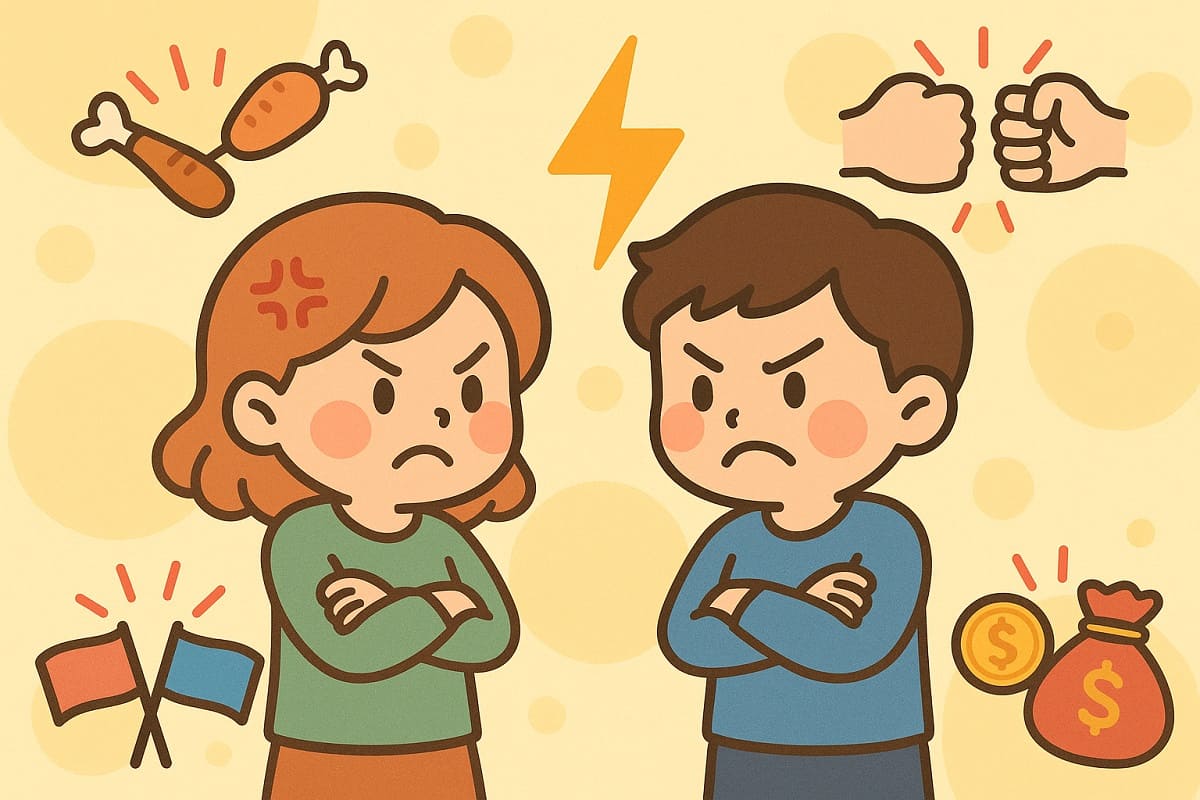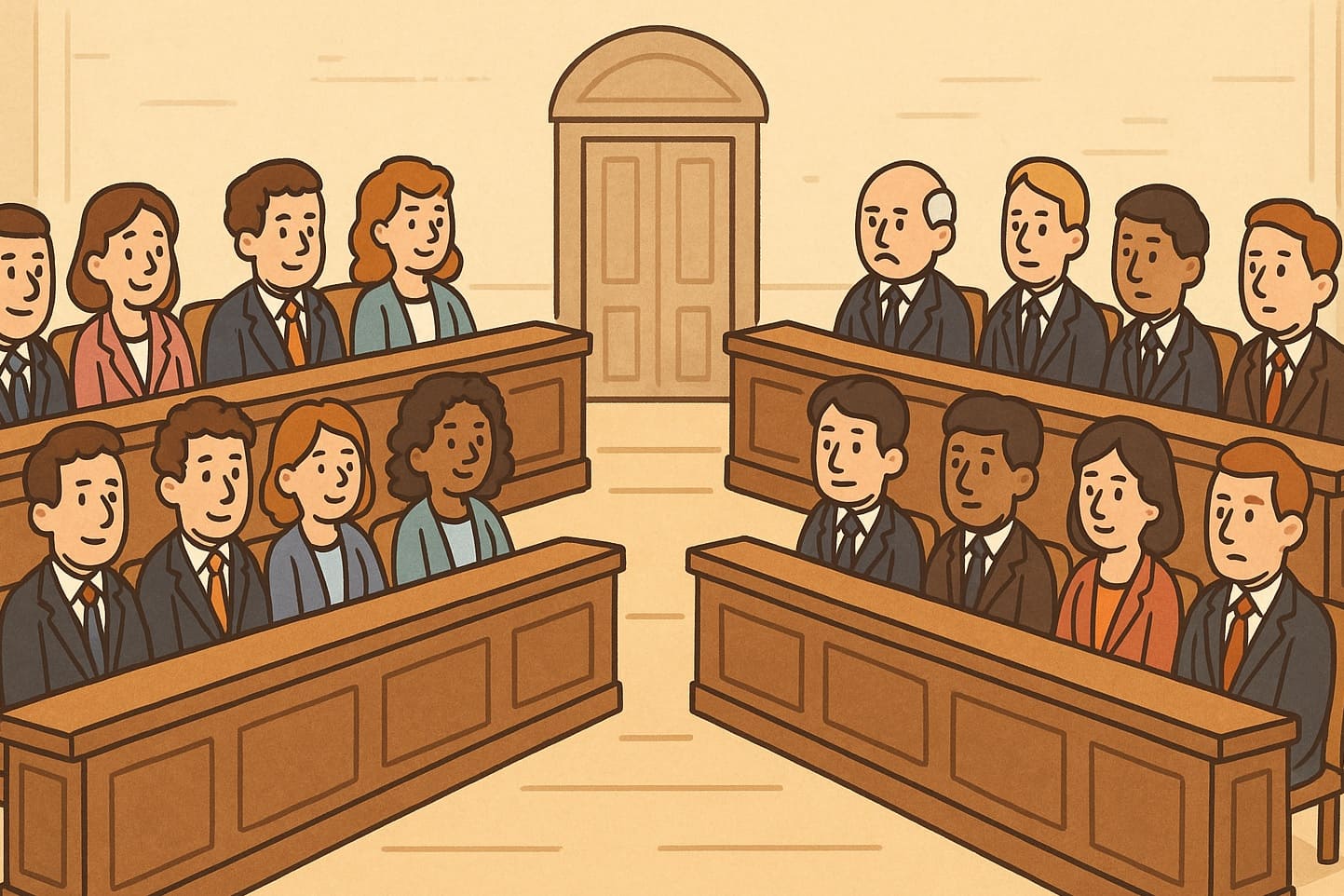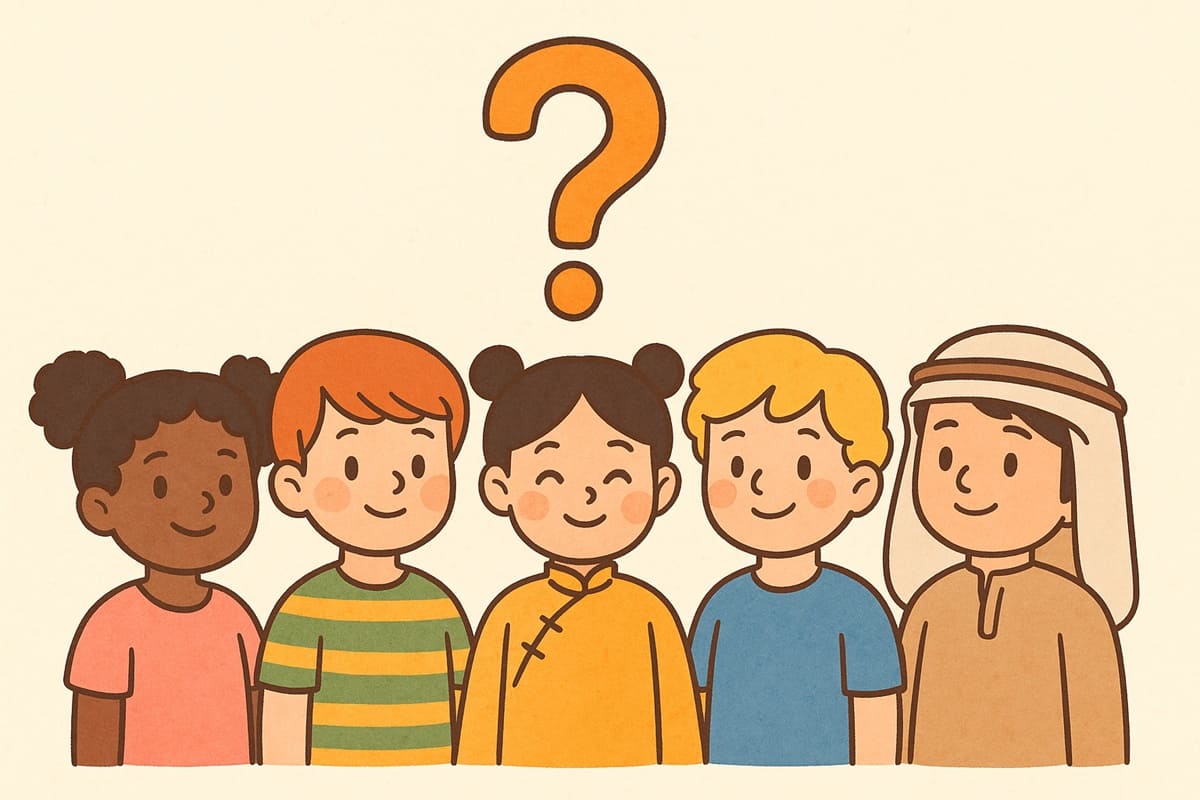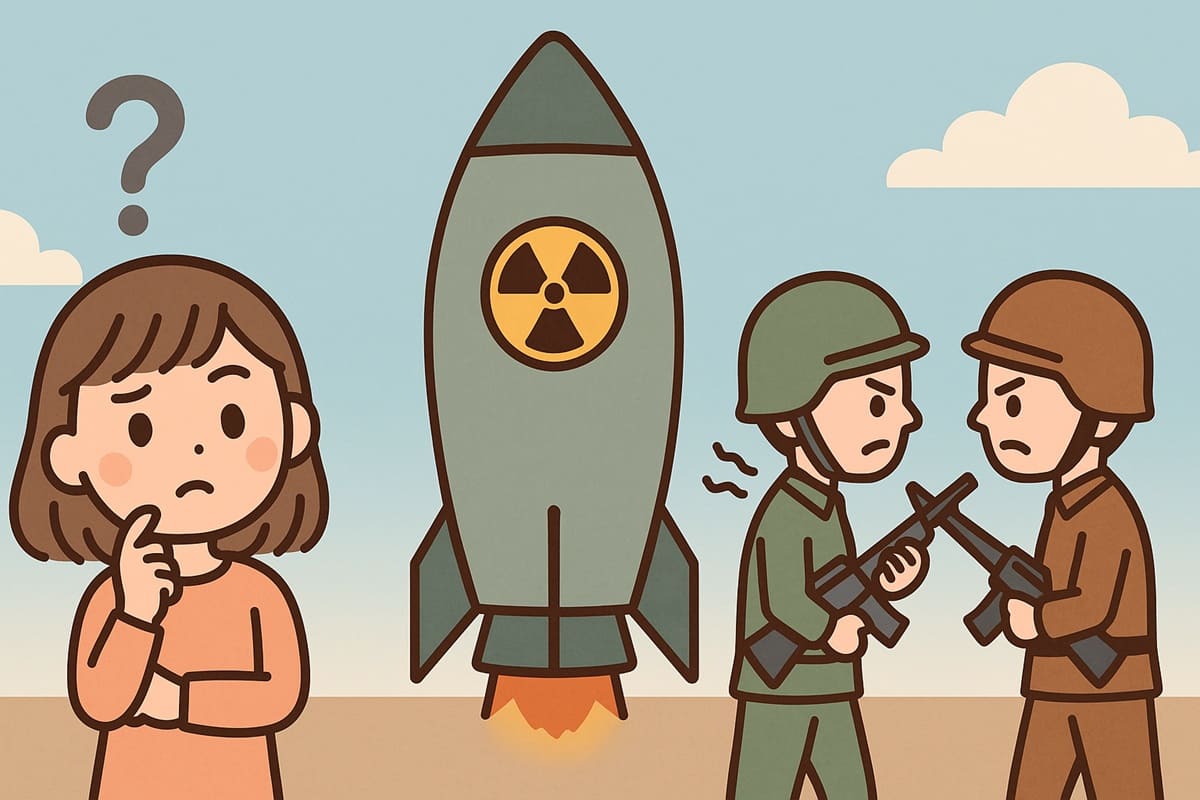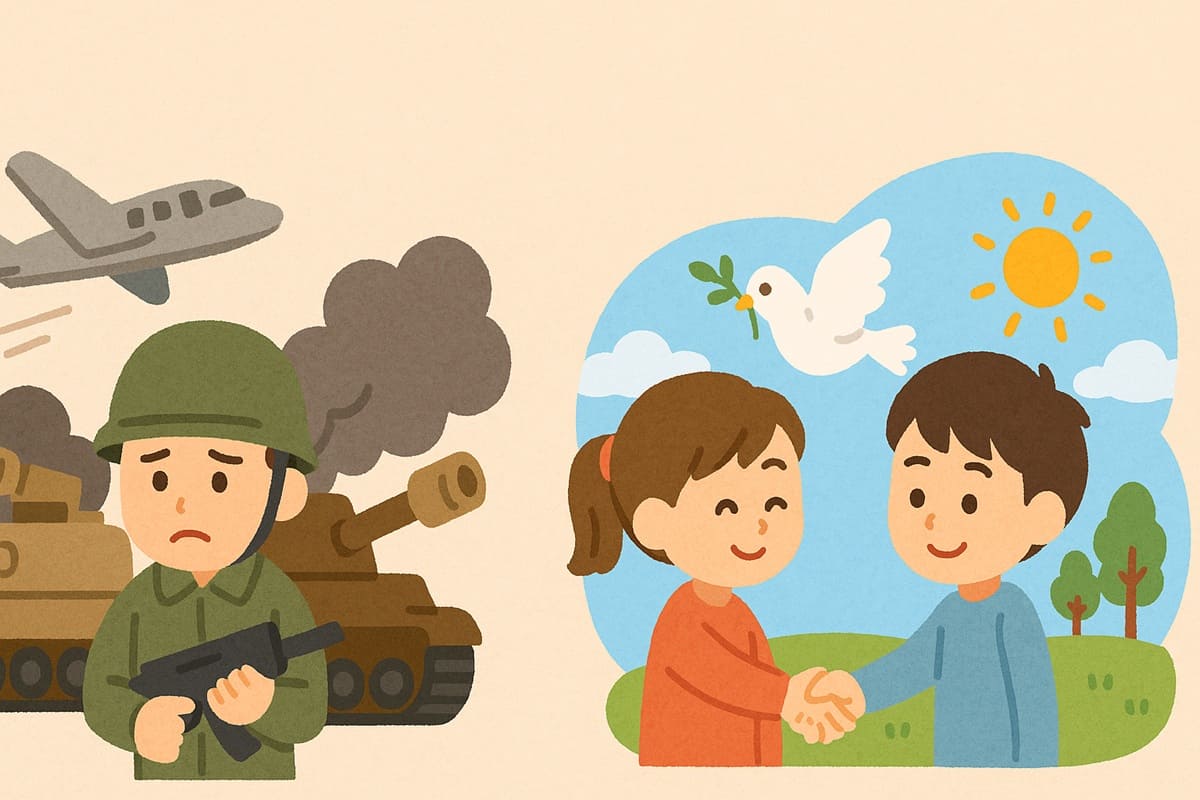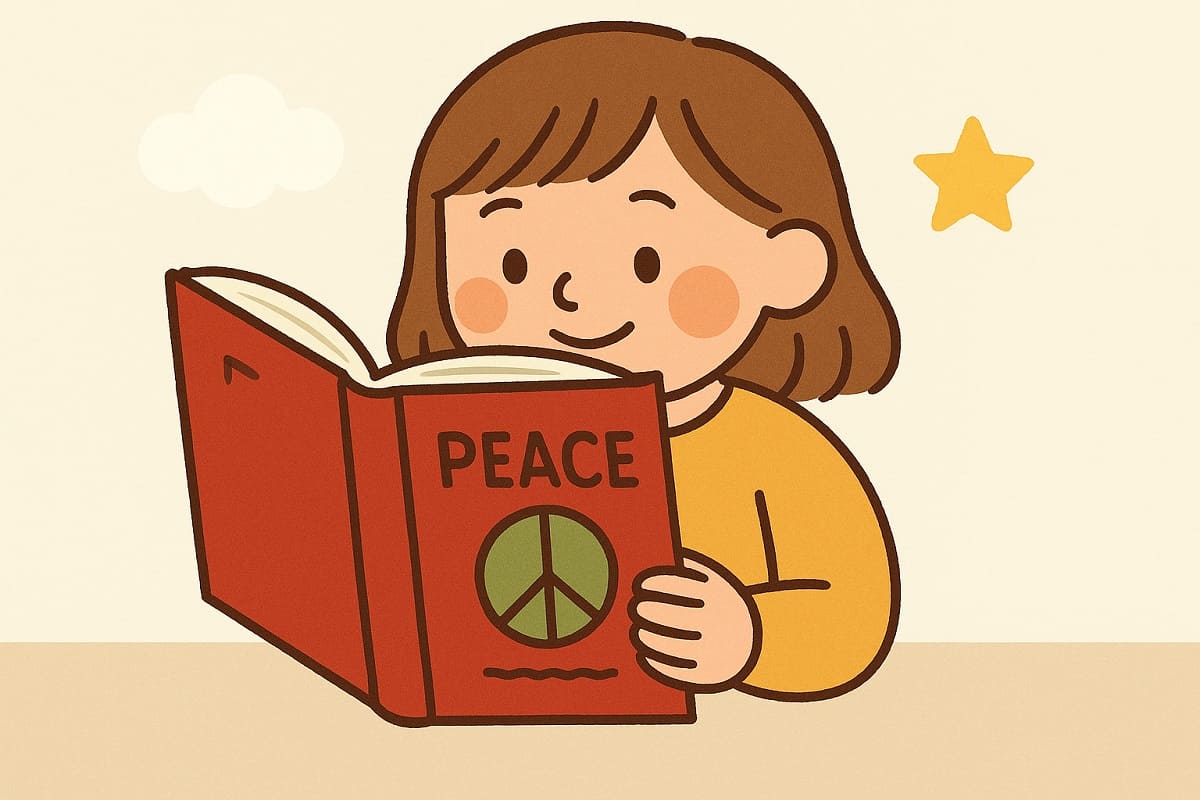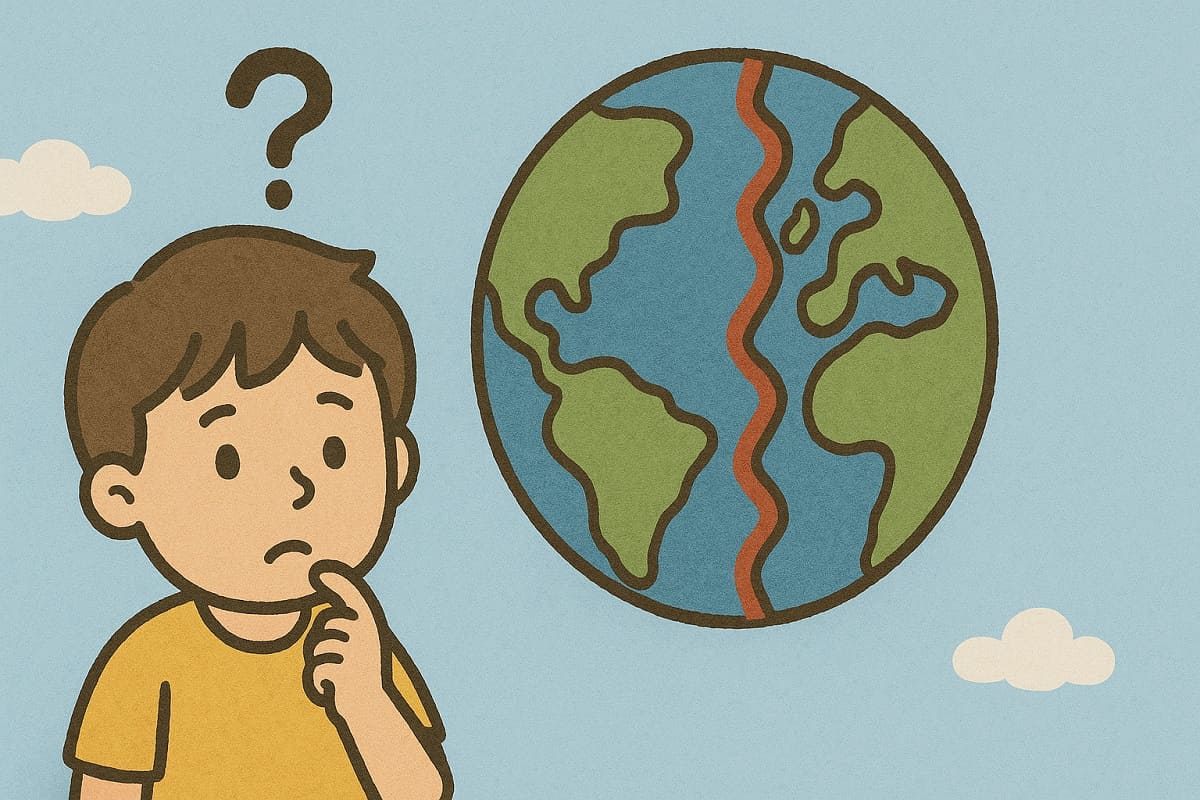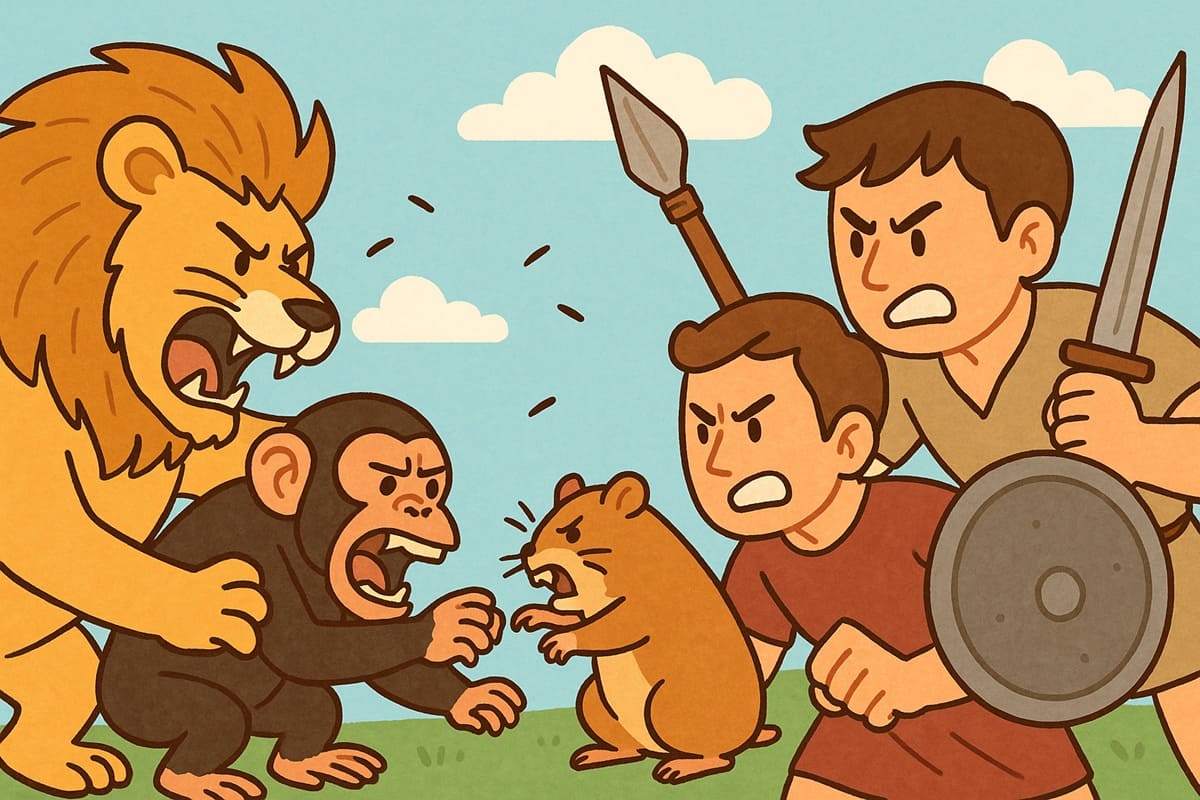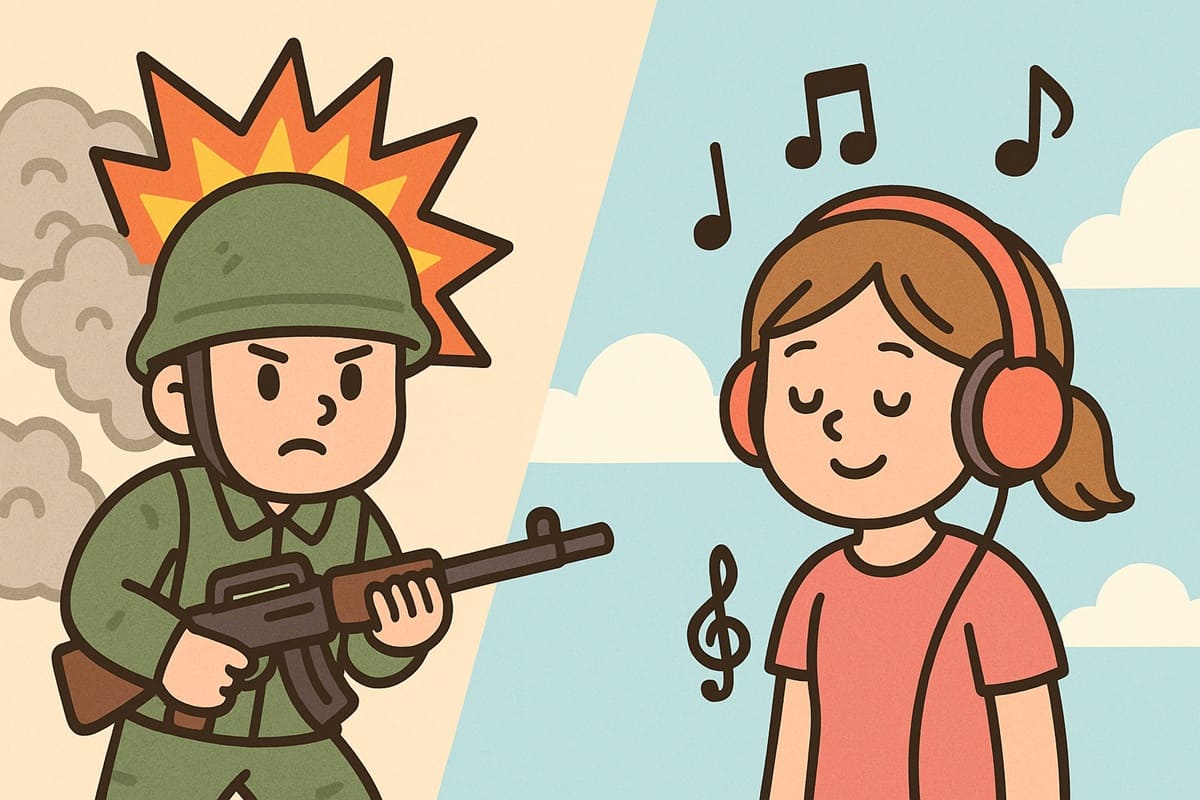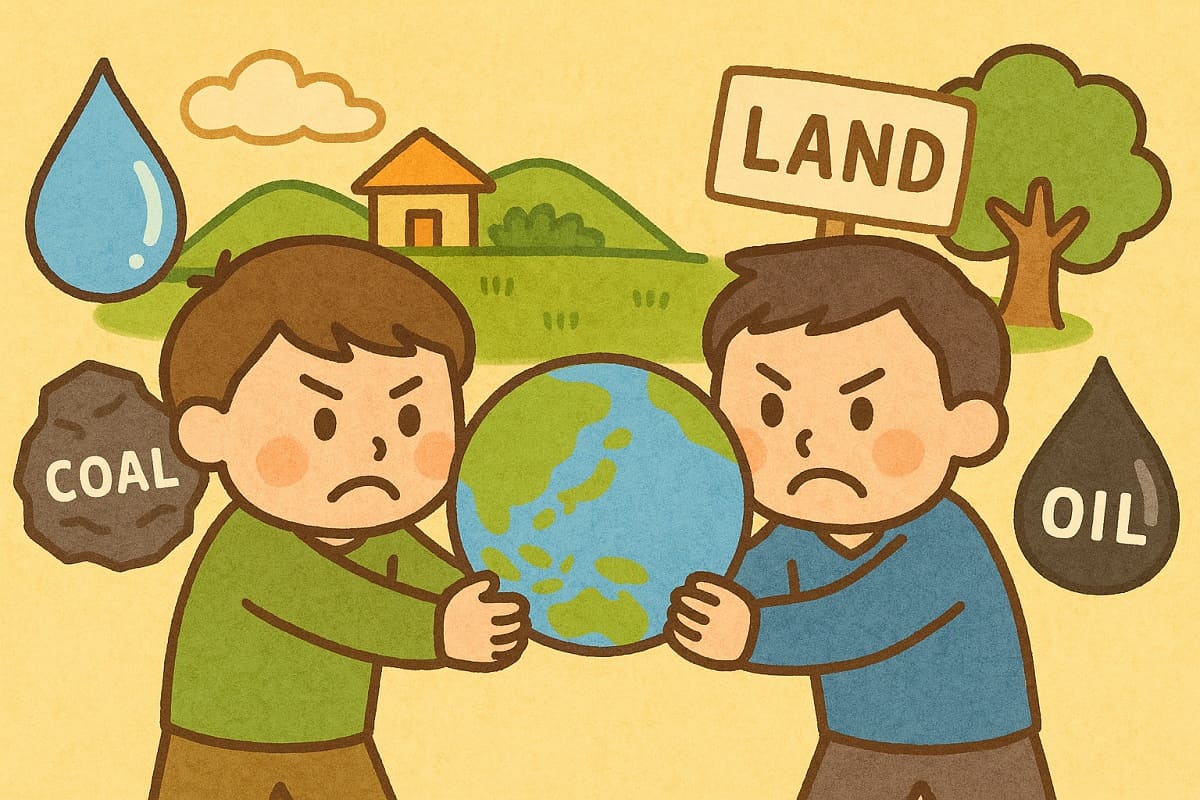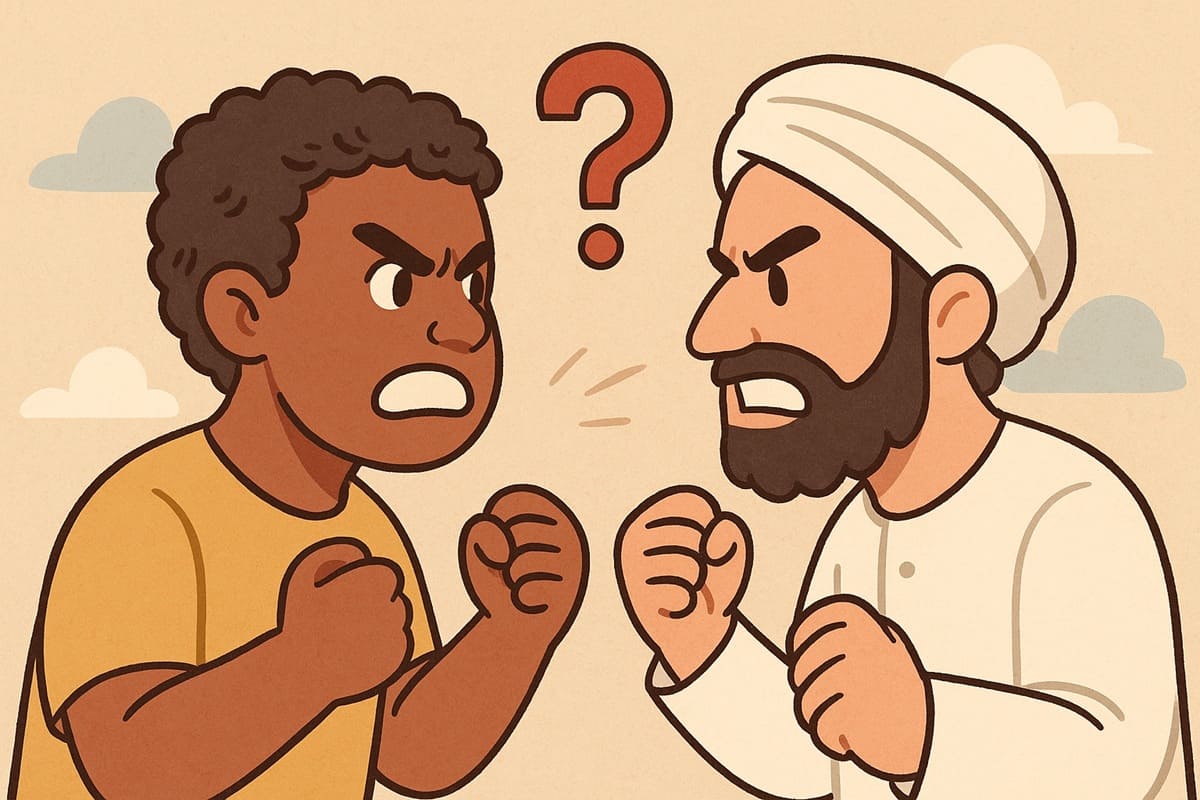Why Can’t We Get Rid of Nuclear Weapons?
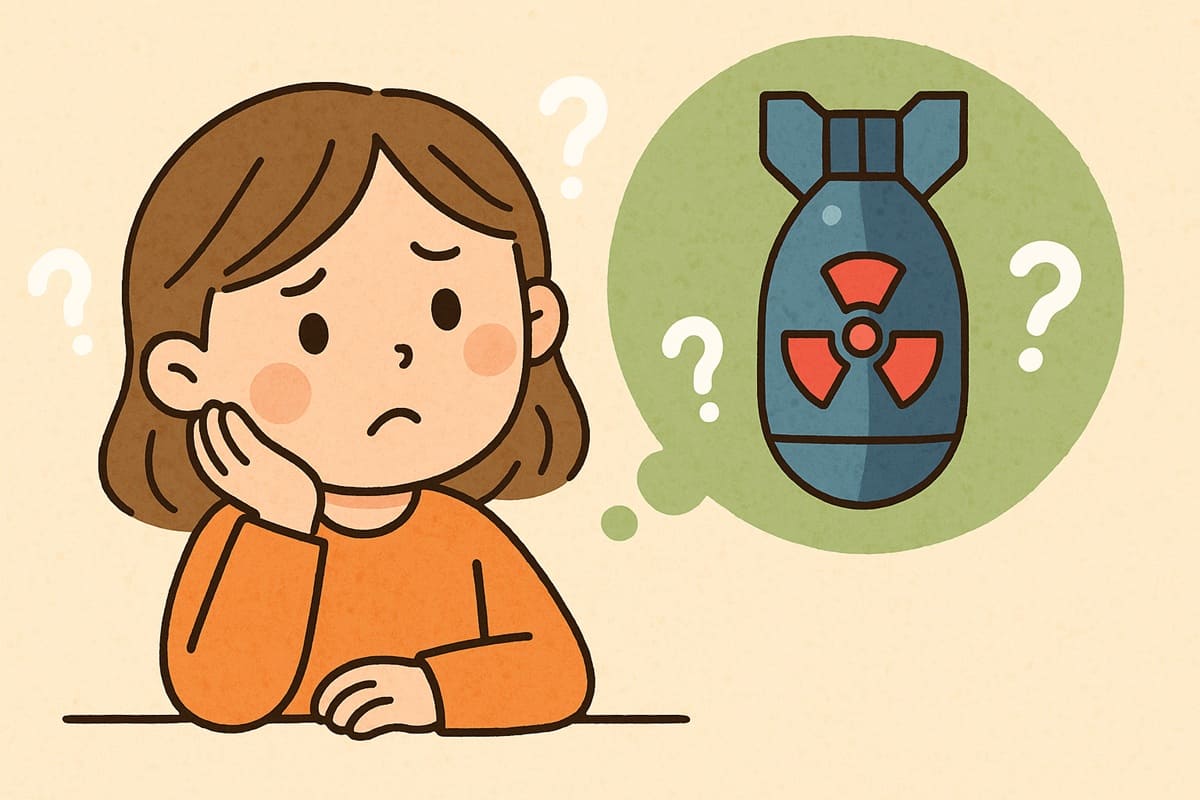
Have you ever wondered,
“Why can’t we just eliminate dangerous things like nuclear weapons?”
In the real world, it’s actually very difficult to get rid of nuclear weapons.
Even today, there are still around 12,000 nuclear weapons in the world, and all the countries that have them say, “We can’t give them up.”
In this article, we’ll explain why nuclear weapons are so hard to eliminate.
What Are Nuclear Weapons?
Nuclear weapons are extremely powerful weapons that cause massive explosions using atomic energy.
The atomic bombs dropped on Hiroshima and Nagasaki in 1945 each took tens of thousands of lives with a single blast.
Modern nuclear weapons are even more powerful than those.
And if they’re ever used, they would cause long-lasting damage to not only people but the entire planet.
There Are Movements to Eliminate Nuclear Weapons
Of course, there are global efforts to get rid of such dangerous weapons.
One example is the Treaty on the Prohibition of Nuclear Weapons (TPNW), an international agreement that aims to ban the development, possession, and use of nuclear weapons altogether.
Many countries, including Japan, have stated,
“We should eliminate nuclear weapons.”
But… for some reason, nuclear weapons still exist.
Let’s explore some key reasons why.
Reason 1: Nuclear Weapons Are the Last Line of Defense
The first reason is that countries with nuclear weapons believe they need them to protect themselves.
For example, major powers like the United States, Russia, and China believe that if another country tries to attack them, just the threat of nuclear retaliation will stop the attack.
This idea is called nuclear deterrence.
Additionally, the U.S. promises to protect allies like Japan and South Korea using its nuclear power.
This is known as the nuclear umbrella.
In short, many countries see nuclear weapons as a necessary tool to prevent war—so they’re not willing to give them up easily.
Reason 2: Only Some Countries Are Allowed to Have Nuclear Weapons
When people talk about eliminating nuclear weapons, they often bring up a rule called the Nuclear Non-Proliferation Treaty (NPT).
This treaty aims to stop the number of nuclear weapons from increasing.
But there’s a big contradiction in the treaty:
- The U.S., Russia, China, the U.K., and France are allowed to have nuclear weapons.
- All other countries are not allowed to have them.
Isn’t that a bit unfair?
Because of this, countries like India, Pakistan, and Israel have also chosen to develop nuclear weapons, saying,
“We’ll be in danger if we don’t have them too.”
Reason 3: We Don’t Trust the Other Side
Unfortunately, countries don’t always get along.
They worry,
“What if the other side secretly builds more weapons?”
“What if we eliminate our nuclear weapons, but the other side doesn’t—and we lose?”
This kind of mutual suspicion is called a security dilemma.
Because of this, every country thinks:
“If I get rid of nuclear weapons first, it might be dangerous.”
So no one wants to go first.
Reason 4: Nuclear Weapons Involve Money and Jobs
Building and maintaining nuclear weapons requires a huge amount of money and advanced technology.
There are also many people working at factories and research labs to support them.
So if a country gives up its nuclear weapons, it could cause major impacts on jobs and the economy.
Also, some countries see nuclear weapons as a symbol of power.
They fear, “If we eliminate them, our status in the world might drop.”
Is the Nuclear Weapons Ban Treaty Meaningless?
So, is the Treaty on the Prohibition of Nuclear Weapons (TPNW) meaningless?
Actually, it’s not.
Most countries that have joined the treaty don’t have nuclear weapons.
So right now, the treaty doesn’t have much power to actually reduce nuclear arsenals.
But this treaty is an important first step in creating a global norm that “nuclear weapons are unacceptable.”
And that may become a powerful force for nuclear disarmament in the future.
What Should We Do?
To eliminate nuclear weapons, we must overcome many challenges:
- Building trust between countries
- Creating new ways to ensure safety without relying on weapons
These things won’t happen overnight.
But if more people around the world start thinking,
“We don’t need nuclear weapons,”
then change might come.
Conclusion
Nuclear weapons are clearly dangerous and pose a major risk to humanity.
But they still exist because of a combination of reasons—
security concerns, power status, international politics, money, and more.
That’s why it’s so important for us to ask,
“Why haven’t we eliminated nuclear weapons?”
and
“What can we do to make that happen?”
The future of peace may depend on these questions.
Main References
- Carnegie Endowment for International Peace. (2024). Rethinking a Political Approach to Nuclear Abolition.
- Ministry of Foreign Affairs of Japan. (2025). Press Conference Remarks (February 2025).
- SIPRI. (2025). SIPRI Yearbook 2025: Armaments, Disarmament and International Security.
- Nuclear Weapons Ban Monitor. (2024). The Status and Implementation of the TPNW.
- United Nations Office for Disarmament Affairs. (2023). Treaty on the Non-Proliferation of Nuclear Weapons (NPT).
